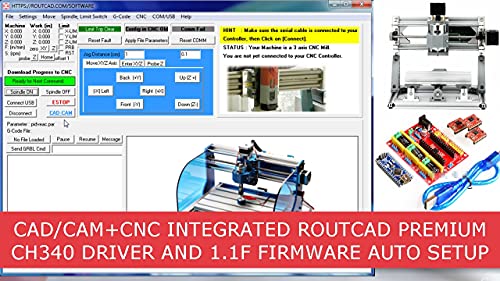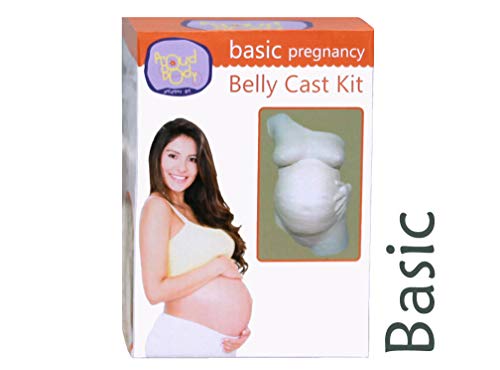You are using an out of date browser. It may not display this or other websites correctly.
You should upgrade or use an alternative browser.
You should upgrade or use an alternative browser.
Enco gray iron
- Thread starter Phelonius
- Start date

Help Support Home Model Engine Machinist Forum:
This site may earn a commission from merchant affiliate
links, including eBay, Amazon, and others.
- Joined
- Feb 17, 2008
- Messages
- 2,330
- Reaction score
- 445
Phelonius,
I have used it for cylinders, cylinder liners, lapped pistons and rings. It has worked well for all of them.
Price is a little higher than some of the other suppliers, but using the free shipping promo codes it comes out as the least expensive for me.
Gail in NM,USA
I have used it for cylinders, cylinder liners, lapped pistons and rings. It has worked well for all of them.
Price is a little higher than some of the other suppliers, but using the free shipping promo codes it comes out as the least expensive for me.
Gail in NM,USA
deere_x475guy
Well-Known Member
I have been wondering the same thing about it. Maybe I will have them add it to my next order.
- Joined
- Feb 17, 2008
- Messages
- 2,330
- Reaction score
- 445
bentprop said:AFAIK,iron is not usually used for crankshafts,as it's considered too soft.
I don't know though,it may be ok in a model engine.
I think that most automotive engines used cast iron crankshafts on their standard performance models. Some times the crank pins and journals were induction hardened on them. The cast iron cranks had better vibration dampening than the forged steel cranks. The biggest problem was fatigue failure at the ends of the crank pins. That was solved by a rather generous radius between the throw and the crank pin. I know that most small block Chevy and Ford engines were cast iron. As I recall, they mostly used class 65 to 80 of cast ironfor them.
The Enco, and most other easy available, iron is class 40, but I think it would be suitable for most model engines that will not be highly loaded. I have not used it for a crankshaft.
Gail in NM,USA

$45.99
Sunnytech Mini Hot Air Stirling Engine Motor Model Educational Toy Kits Electricity HA001
stirlingtechonline

$94.99
$109.99
AHS Woodmaster 4400 Maintenance Kit for Outdoor Wood Boiler Treatment
Alternative Heating & Supplies

$403.09
DM14 Engine Build Kit, Metal Engine Build Model Great Metal Material for Engineer for Factory
Easoger Official

$99.99
$109.99
AmTech300 - Boiler Treatment Professional Strength (Rust Inhibitor For Outdoor Wood Boilers)
Alternative Heating & Supplies

$28.51
$45.00
Key Contemporary Buildings: Plans, Sections and Elevations (Key Architecture Series)
Lions Den Books321

$15.99 ($0.05 / Count)
$18.99 ($0.06 / Count)
HongWay 300pcs 2 Inches Sanding Discs Pad Kit for Drill Sanding Grinder Rotary Tools with Backer Plate Shank and Soft Foam Buffering Pad, Sandpapers Includes 60-3000 Grit
HongWay US

$156.90 ($1.40 / oz)
Replacement Combustion Chamber Kit, Burnham V8 and V8H, 1-6 Sec, 108136-01, 1129
Lynn Manufacturing

$649.00
$699.00
FoxAlien Masuter Pro CNC Router Machine, Upgraded 3-Axis Engraving All-Metal Milling Machine for Wood Acrylic MDF Nylon Carving Cutting
FoxAlien Official

$59.99
Sunnytech Hot Air Stirling Engine Motor Model Educational Toy Electricity Generator Colorful LED (SC001)
stirlingtechonline

$190.00
$254.99
Genmitsu CNC 3018-PRO Router Kit GRBL Control 3 Axis Plastic Acrylic PCB PVC Wood Carving Milling Engraving Machine, XYZ Working Area 300x180x45mm
SainSmart Official

$188.98
TM NEXDYNAMI RE41157 Water Pump Compatible With/Replacement For/John Deere 6200 7400 6300 6600 6500 6400 7220 7600 7200 RE41157
VIVID MARKET CORPORATION

$104.99
Sunnytech Hot Air Stirling Engine Motor Steam Heat Education Model Toy Kit M16-CF
stirlingtechonline

$39.99
$49.99
Sunnytech Low Temperature Stirling Engine Motor Steam Heat Education Model Toy Kit For mechanical skills (LT001)
stirlingtechonline
Similar threads
- Replies
- 2
- Views
- 1K
- Replies
- 32
- Views
- 4K
- Replies
- 12
- Views
- 2K

















































